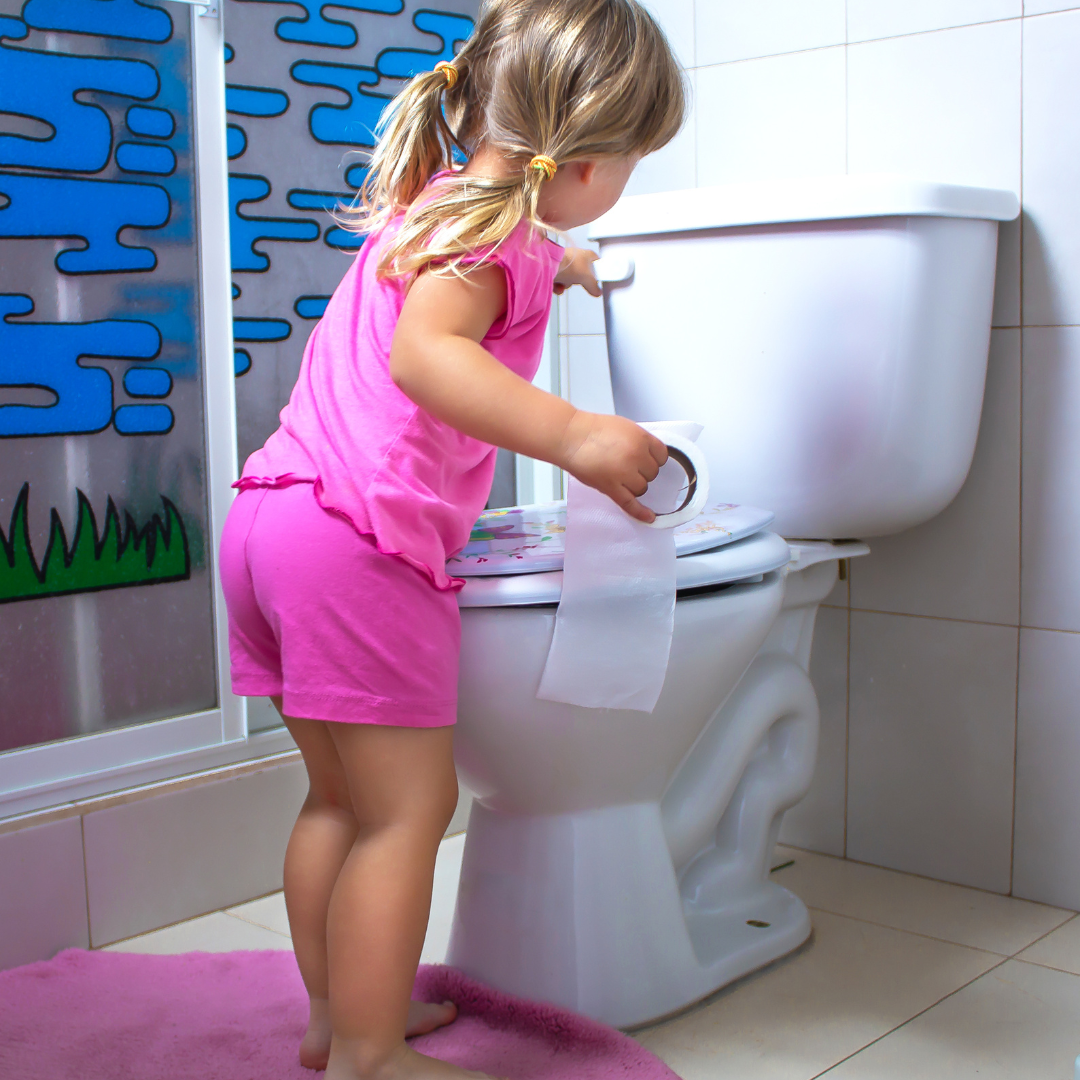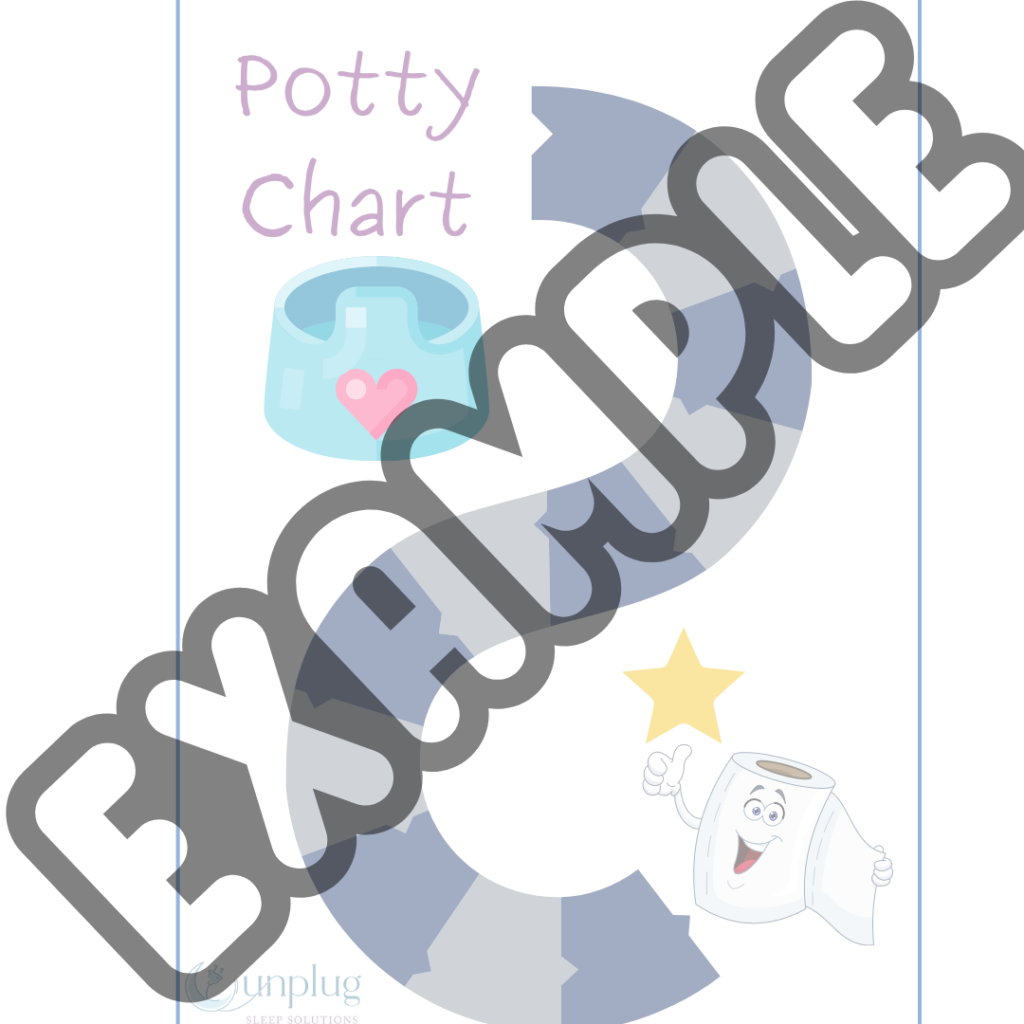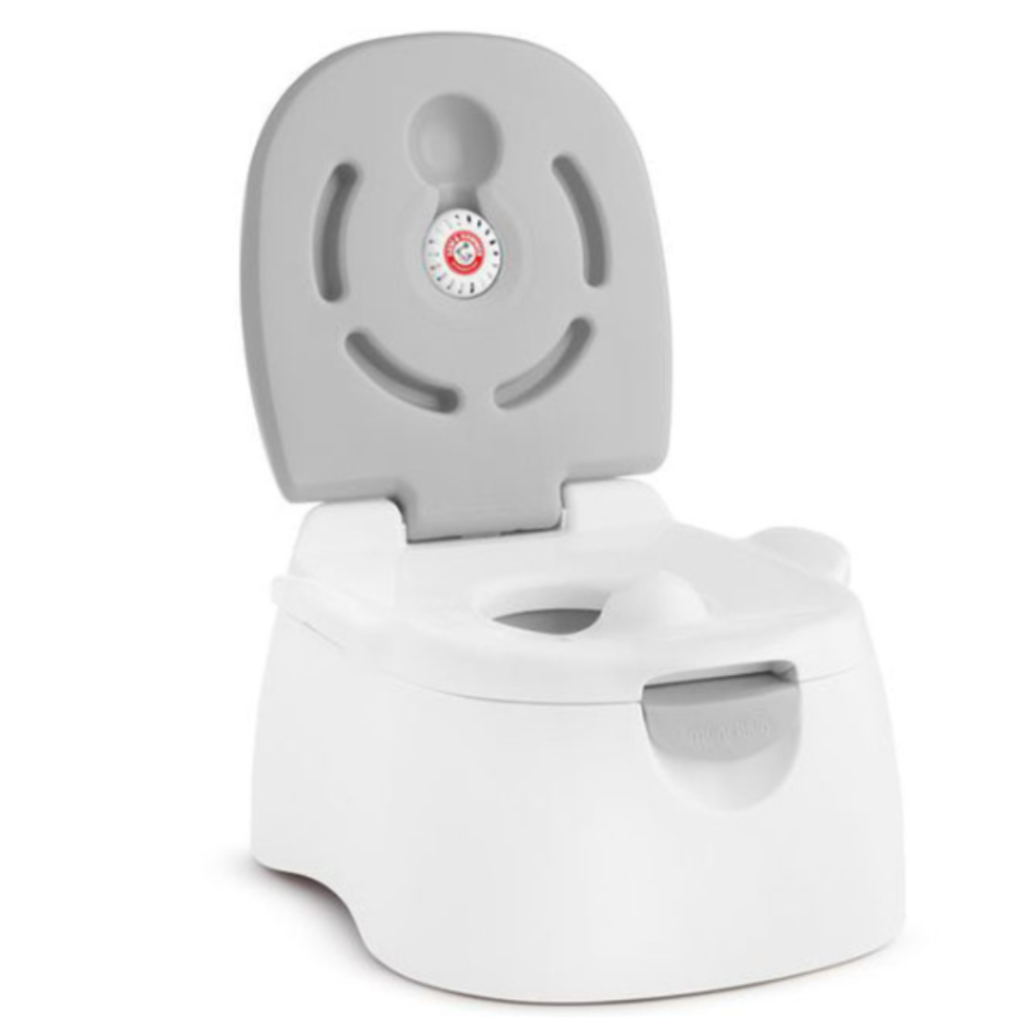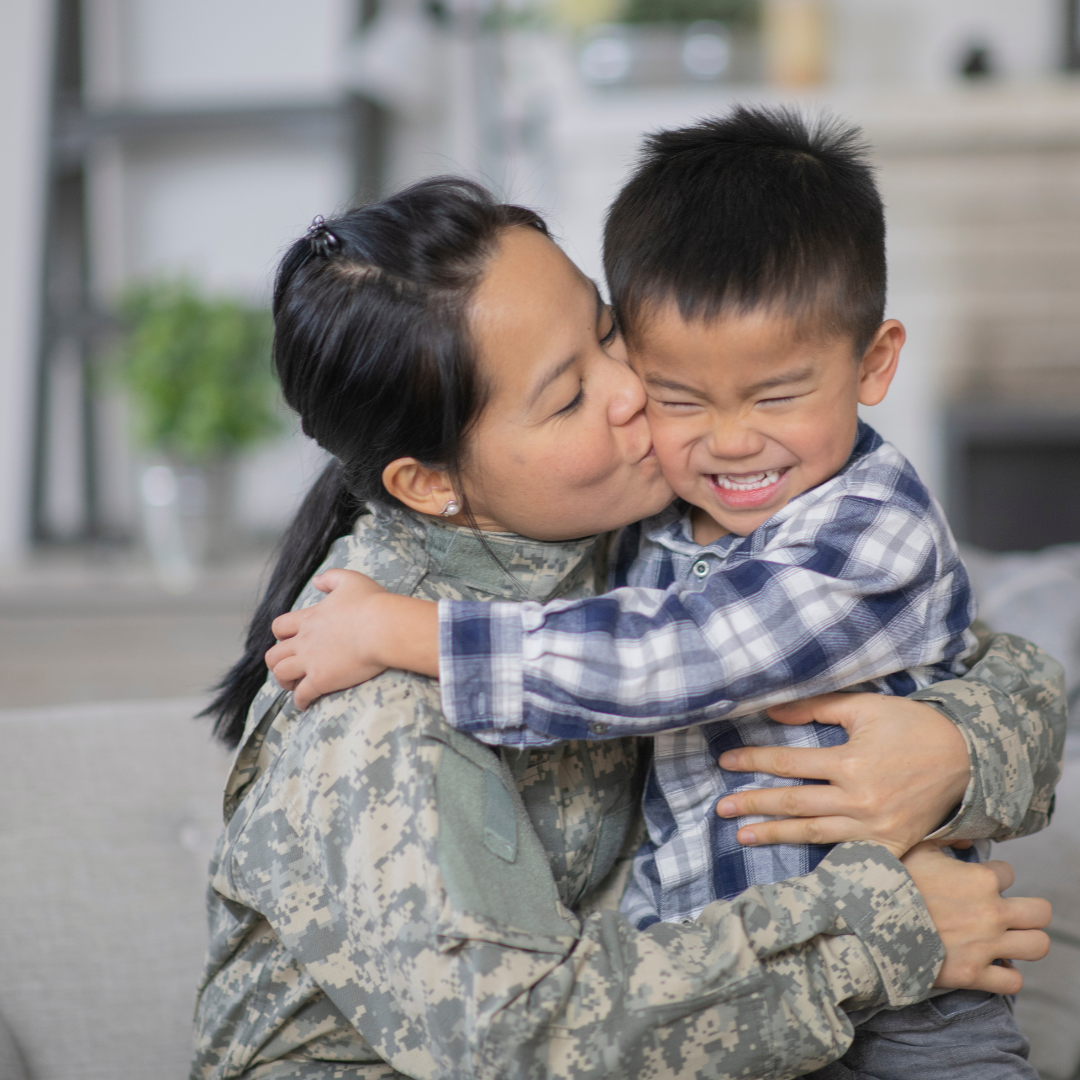Ready to sleep better tonight? Here are my Top 5 Tips for helping your little one sleep better!
Potty Training: Tips for Success
As a parent, one of the biggest milestones you look forward to is potty training your child. The thought of no more diapers and no more diaper changes can be exciting. However, it can also be a stressful and overwhelming experience for both you and your child. In this article, I will share some tips and tricks to make potty training a stress-free success for you and your little one.
Introduction to Potty Training
Potty training is the process in which a child learns to use the toilet instead of wearing diapers. This can be a challenging task for parents, but with patience and consistency, it can be a success. It is important to note that every child is different, and there is no “right” age to start potty training. The key is to look for signs that your child is ready.
At What Age Should You Start Potty Training?
The age at which you should start potty training your child varies. Some children may be ready as early as 18 months, while others may not be ready until they are closer to three years old. It is important to wait until your child is showing signs of readiness before beginning. Pushing your child to train before they are ready can lead to frustration and setbacks.

Signs That Your Child is Ready
There are several signs that your child may be ready for potty training. One of the most common signs is when your child starts to show an interest in the toilet. They may ask questions about it, watch you use the toilet, or even try to copy what you are doing. Other signs include staying dry for longer periods of time, showing discomfort when their diaper is dirty, and being able to follow simple instructions.
Tips for being Successful.
It can be a challenging process, but there are things you can do to make it a success. Here are some tips to help you and your child:
Be prepared: Make sure you have all the supplies you need, such as a potty chair, underwear, and wipes.
Set a routine: Establish a routine for your child to use the potty, such as after meals or before bedtime.

Offer incentives: Consider using a reward system, such as stickers or small treats, to motivate your child. (Download my Potty-Training Reward Chart here) https://unplugsleepsolutions.com/opt-in/
Stay positive: Encourage your child and celebrate their successes, no matter how small.
Be patient: Remember that accidents will happen, and it takes time to master this skill.
Common Mistakes to Avoid
There are some common mistakes that parents make when potty training their child. These mistakes can lead to frustration for both you and your child. Here are some mistakes to avoid:
Starting too early: If your child is not showing signs of readiness, starting too early can lead to setbacks.
Being inconsistent: It is important to establish a routine and stick to it.
Punishing your child: Punishing your child for accidents can lead to anxiety and setbacks.
Expecting too much too soon: Potty training takes time, and it is important to remember that accidents will happen.
Potty Training Essentials
Having the right supplies and equipment can make potty training easier. Here are some essentials to consider:
Potty chair: This is a chair that is designed for your child to sit on while they use the toilet. This is a great one from Munchkin to keep in mind. https://www.munchkin.com/arm-hammer-3-in-1-potty-seat.html

Underwear: Invest in several pairs of underwear for your child to wear once they are ready to ditch the diapers.
Wipes: Have wipes on hand for easy clean-up.
Step stool: A step stool can help your child reach the toilet and sink.
Potty Training on the Go
Potty training doesn’t stop when you leave the house. Some things to keep in mind when you are on the go:
Bring a portable potty chair: There are several portable potty chairs available that can be used on-the-go.
Use public restrooms: When you are out and about, take advantage of public restrooms.
Bring extra supplies: Always have extra underwear, wipes, and clothes on hand in case of accidents.
Dealing with Setbacks and Accidents.
Setbacks and accidents are a normal part of the potty-training process. Here are some tips for dealing with them:
Stay positive: Encourage your child and celebrate their successes, no matter how small.
Don’t punish your child: Punishing your child for accidents can lead to anxiety and setbacks.
Talk about it: Have a conversation with your child about what happened and how they can do better next time.
Celebrating Your Child’s Success.

Potty training can be a challenging process, but with patience and consistency, it can be a success. Remember to look for signs of readiness, establish a routine, and stay positive. And most importantly, celebrate your child’s successes along the way. Before you know it, your child will be ready and, on their way, to becoming a big kid!
Remember, every child is different, and there is no one-size-fits-all approach to potty training. Just try your best and make it as enjoyable as possible for both parent and child. Don’t let potty training interfere with healthy sleep habits, if you are struggling to incorporate healthy sleep habits with your toddler, schedule a call with me to see how I can help. https://calendly.com/unplugsleepsolutions/15min


